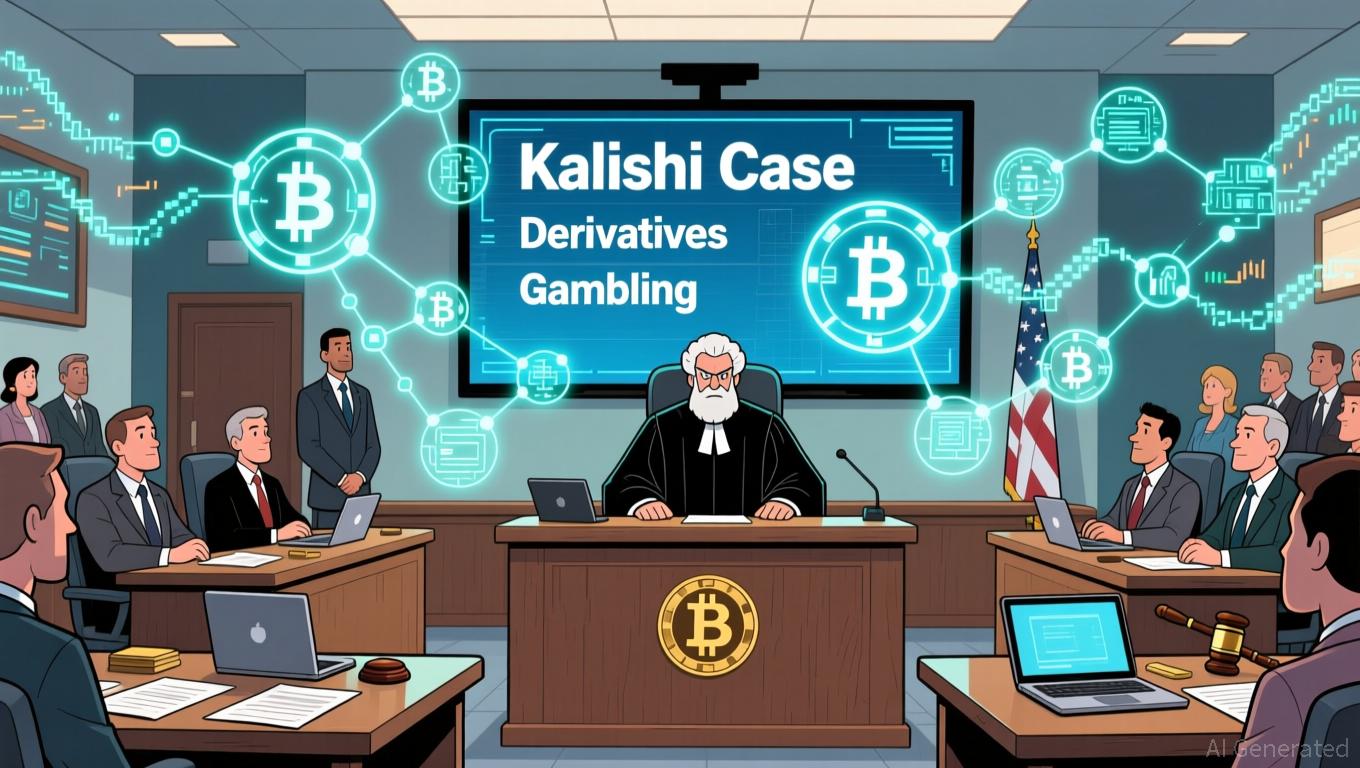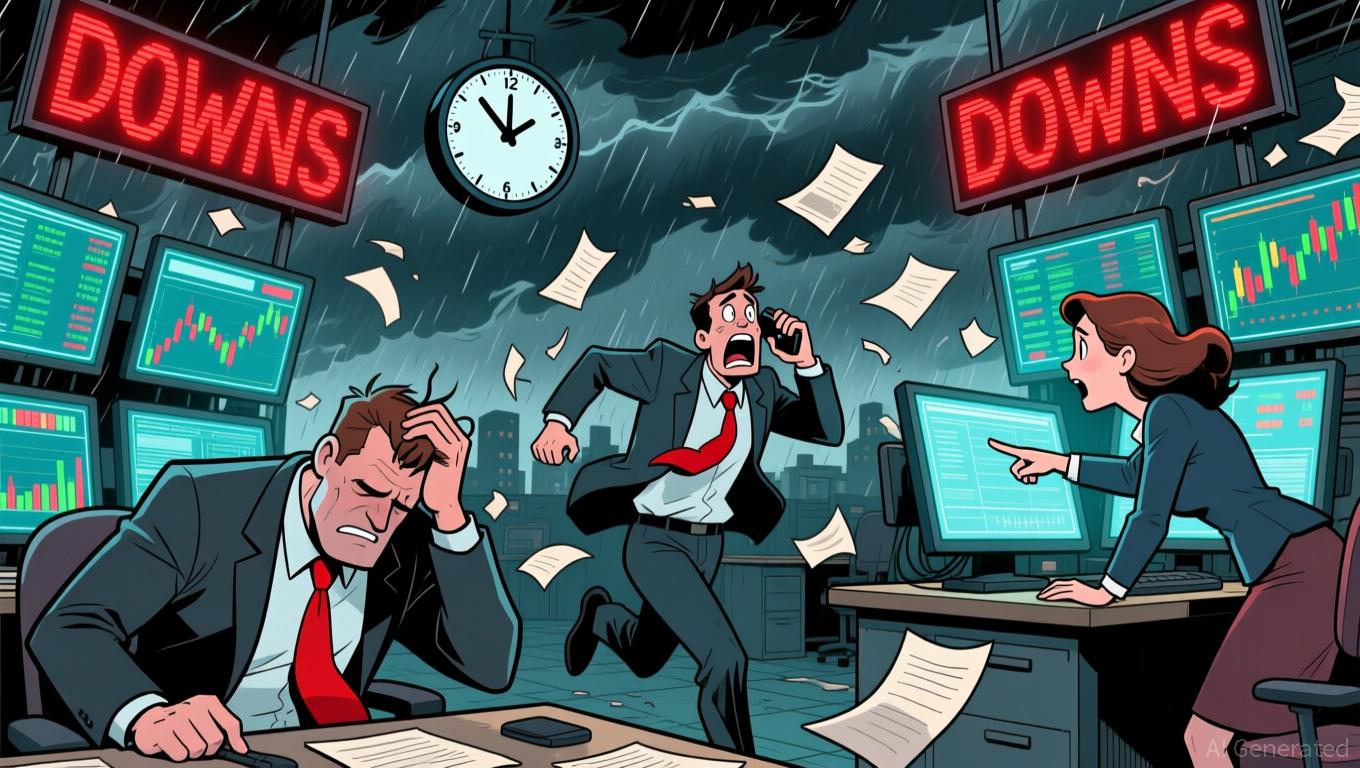Blockchain Betting's Legal Challenge: Is It Considered Gambling or a Derivative?
- NBA star Tristan Thompson advocates blockchain-based sports prediction markets, aligning with DeFi's potential to transform fan engagement. - Kalshi faces legal scrutiny as a federal judge questions whether its event contracts qualify as derivatives under U.S. commodity laws. - Blockchain startups like Ideosphere and Portage Biotech explore prediction markets for scientific funding, leveraging tokenized assets and staking revenues. - Regulatory ambiguity over derivatives vs. gambling risks stifling innov
Tristan Thompson, once an NBA standout and now a blockchain innovator, has become a prominent supporter of sports prediction markets, using his influence to showcase how decentralized finance (DeFi) could transform the sports betting landscape. His recent remarks and financial backing reflect a wider movement within the industry, as firms such as Kalshi and Ideosphere work through regulatory and legal complexities to broaden the reach of prediction markets. Still, the future remains uncertain, especially as courts deliberate on whether these platforms comply with current U.S. commodity trading regulations.
The regulatory environment for sports prediction markets shifted significantly in late November when a federal judge in Nevada expressed doubts about Kalshi's argument that its offerings should be considered derivatives instead of gambling products. In a legal dispute over the company's compliance with the Commodity Exchange Act, Judge David C. Borman questioned if Kalshi's event contracts—which are essentially bets on sports results—could be categorized as swaps or futures. "Your definition seems so expansive that almost anything could be labeled a swap," Borman commented,

The larger economic backdrop also supports the growth of prediction markets. While AI-related stocks have experienced instability amid doubts about their long-term prospects, blockchain-driven platforms are becoming popular alternatives to traditional betting. For instance,
Thompson's support fits within these developments, as he champions blockchain-based solutions that emphasize openness and user autonomy. Nonetheless, the industry's expansion depends on clarifying regulatory uncertainties. The outcome of the Kalshi case, in particular, could establish a benchmark that either validates or restricts the evolution of prediction markets.
Disclaimer: The content of this article solely reflects the author's opinion and does not represent the platform in any capacity. This article is not intended to serve as a reference for making investment decisions.
You may also like
Bitcoin Updates: As Crypto Markets Waver, Founder’s BTC Acquisition Reflects Enduring Confidence
- Cryptocurrency markets fell for a third day, with Bitcoin dropping below $100,000, erasing $130B in value as panic spread. - Equation founder's BTC purchase signaled long-term confidence despite bearish sentiment and a "consolidation limbo" trapping Bitcoin. - Macroeconomic uncertainty from the U.S. government shutdown and $1B in liquidations worsened the selloff, while the Crypto Fear and Greed Index hit "Extreme Fear." - Institutional interest in crypto products like Canary XRPC ETF and decentralized p

DCR is currently trading at $37.04, up 10.6% in the last 24 hours.
STRK broke through $0.23, with a 24-hour increase of 29.3%.
BTC rebounds and breaks through $96,000